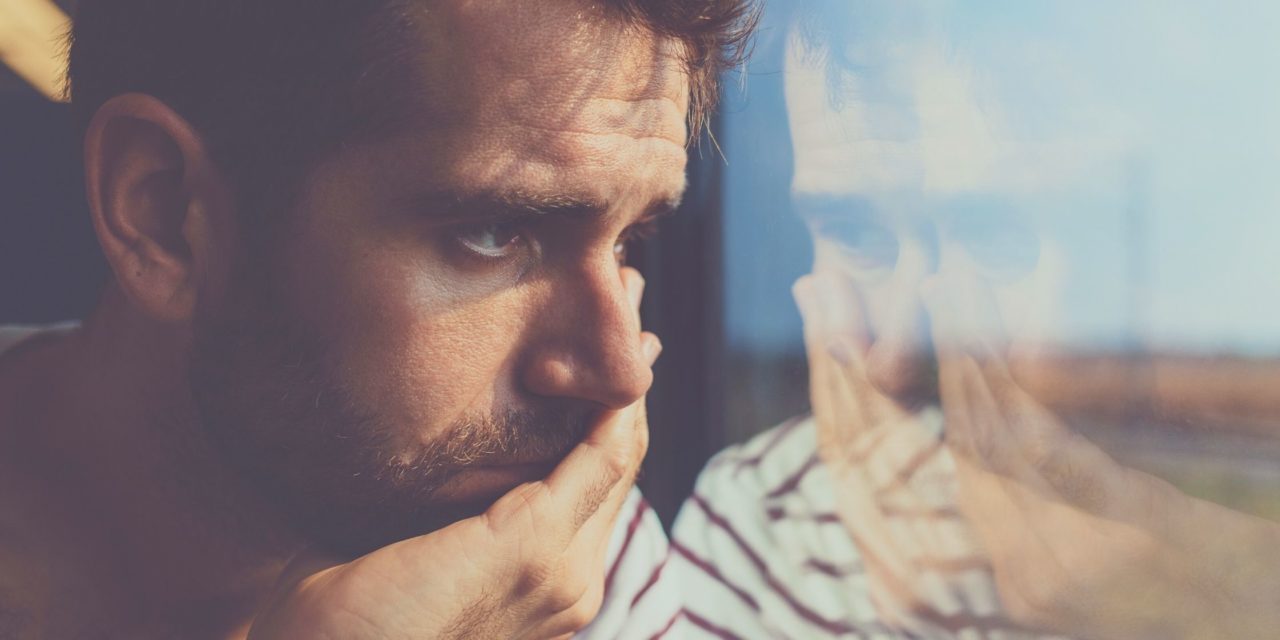Although it doesn’t happen to everyone, when people quit alcohol and start experiencing alcohol withdrawal, depression is one of the possible symptoms. Even when moderate drinkers quit alcohol, depression can follow. While the reasons for experiencing depression vary, adjustments on a chemical level that occurs when you stop drinking may have to do with the depressive symptoms common in alcohol withdrawal.
What Happens When You Quit Drinking?
Alcohol abuse is one of the most devastating addictions around the world. Alcoholism is a dangerous disease that causes conflicts amongst family members. It can break friendships, relationships and even can cause people to lose their job.
When people decide to quit drinking, they expect to feel immediately better. However, studies have shown that the first few days might be the most difficult.
Withdrawal Symptoms
Withdrawal from alcohol is different for everybody. Some people will experience more psychological symptoms, while others will also struggle with physical withdrawal symptoms. Here are some of the most common signs of alcohol withdrawal:
- Anxiety
- Insomnia
- Depression
- Fatigue
- Nervousness
- Irritability
- Shakiness
- Higher blood pressure
- Sweating
- Tremors
- Headaches
- Depression
Alcohol Withdrawal and Depression
Alcohol is a depressant. It slows your brain. So, when a person drinks frequently, the brain needs to compensate with stimulating chemicals. The brain gets used to overproducing these kinds of chemicals, and when a person stops consuming alcohol in excess, the brain doesn’t stop producing chemicals.
This overstimulation causes an unpleasant effect that can take time to stabilize. Here is when most people feel the urge to relapse, and support is needed the most. The feeling is temporary but can lead to depression.
It’s essential to keep in mind that the benefits from quitting drinking eventually outweighs the feelings of depression, which are often temporary. People trying to recover from alcohol addiction often describe depression-like feelings as worse than general sadness, making it a sensitive issue during their process.
Depression from Alcohol Withdrawal
Drinking excessively can lead to depression, the same way that people who suffer from depression tend to abuse alcohol consumption as a coping mechanism. Their alcohol habit accompanies their general hopelessness and low self-esteem.
These feelings and symptoms include frequent crying, difficulties concentrating, and terrible eating or sleeping behaviors. Losing a coping mechanism can feel devastating to some users, and they might require therapy to continue their process.
Why is Alcohol Associated with Depression?
Alcohol has sedative effects on people who suffer from a type of depressive disorder. These kinds of people are more susceptible to the addictive effects of alcohol. They often consume alcohol as a coping mechanism to ease their depression symptoms.
This relationship with alcohol is dangerous since prolonged abuse leads to dependence and addiction. Alcohol abuse can have devastating effects on our bodies; it can damage our liver and affect our behavior. Unfortunately, alcohol addiction and depression can turn into a vicious cycle as each activity fuels the other.
For people who already suffer from depression, alcohol can increase the frequency and severity of their depressive episodes: creating more stressors in life and even leading to suicidal thoughts. On the flip side, people who struggle with alcohol abuse tend to also experience depressive episodes during and following their drinking episodes.
Besides feeling down, when depressed, alcohol consumption can make people lose interest in significant activities, lower their self-worth, change their appetite, and make them feel tired all the time.
How to Overcome Depressive Feelings from Alcohol Withdrawal
The duration of alcohol-induced depression can vary. Generally, symptoms associated with alcohol-induced depression can disappear with proper treatment and sobriety. For most people, it takes 3-4 weeks to resolve their alcohol-induced depression symptoms.
If you, or someone you know, suffer from depression, alcohol dependence, or alcohol withdrawal-related symptoms, please note that there are helpful ways to deal with this situation.
Alcohol can dull your emotions, so seeking help for emotional recovery can be an excellent first step. Facing the reasons for drinking, being in touch with feelings, and confronting emotions can ease the process.
Seeking professional aid for the recovery process can distinguish between feeling relief during this journey of being exposed to triggering conditions. While the symptoms from alcohol withdrawal aren’t life-threatening, dealing with alcohol withdrawal and depression without medical supervision can be dangerous.
People dealing with psychological withdrawal symptoms may be more prone to struggle with suicidal thoughts and suicidal ideation. So, please, reach out for help and seek support from an addiction treatment center to start your recovery journey safe and supported.
Sources:
https://www.addictioncenter.com/alcohol/alcohol-depression/
https://www.verywellmind.com/how-can-i-feel-better-during-drug-or-alcohol-withdrawal-4160020
https://valahealth.com/posts/2020/10/01/what-to-expect-when-you-give-up-alcohol/

